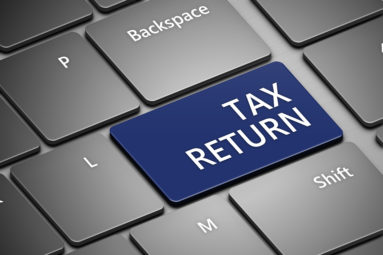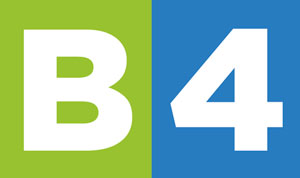
Overview of Digital Services Tax (DST)
The UK’s Digital Services Tax (DST) came into operation on 1 April 2020. This tax is designed to ensure that the major social media, search engine and online retailers are subject to a 2% tax on revenues generated from the participation of UK users of their services.
Businesses are liable to the DST when the group’s businesses worldwide revenues from the specified digital activities are more than £500 million and more than £25 million of these revenues are derived from UK users. There is an allowance of £25 million, which means a group’s first £25 million of revenues derived from UK users will not be subject to Digital Services Tax.
The following three services are considered digital services activities for the purposes of DST:
- a social media service,
- an internet search engine; or
- an online marketplace.
A group can make a voluntary election to calculate the liability to DST using an alternative basis of charge provision. The alternative basis of charge will benefit groups making a loss or operating at a low margin on their UK digital services activity.
There will be a review of DST by HM Treasury before the end of 2025 which will be laid before Parliament.
More in Accountants

Why having an audit can boost your business
Many directors will wince at the prospect of an audit, seeing it as a necessary evil to meet statutory obligations.

FRC Proposes Major Overhaul of Auditing Standards
In a bold move, the Financial Reporting Council (FRC) has unveiled proposed changes to auditing standards that could have a major impact on the financial world, according to chartered accountants and business advisors Whitley Stimpson.

Whitley Stimpson shines as finalist for top national award
Service Charge Accountancy specialist Jonathan Walton of Whitley Stimpson has been recognised for his outstanding work in the field by being shortlisted for a prestigious property industry award.
From this author

HMRC agree delay in tax return deadline
HMRC has announced that late filing penalties will be waived for taxpayers that file their 2020-21 Self-Assessment returns by 28 February 2022.

Are you registered for Making Tax Digital for VAT?
Making Tax Digital (MTD) for VAT is to be extended to cover businesses with a turnover below the VAT threshold from April 2022.

Tax relief for working from home
If you are an employee working from home, you may be able to claim tax relief for some of the bills you pay that are related to your work.


